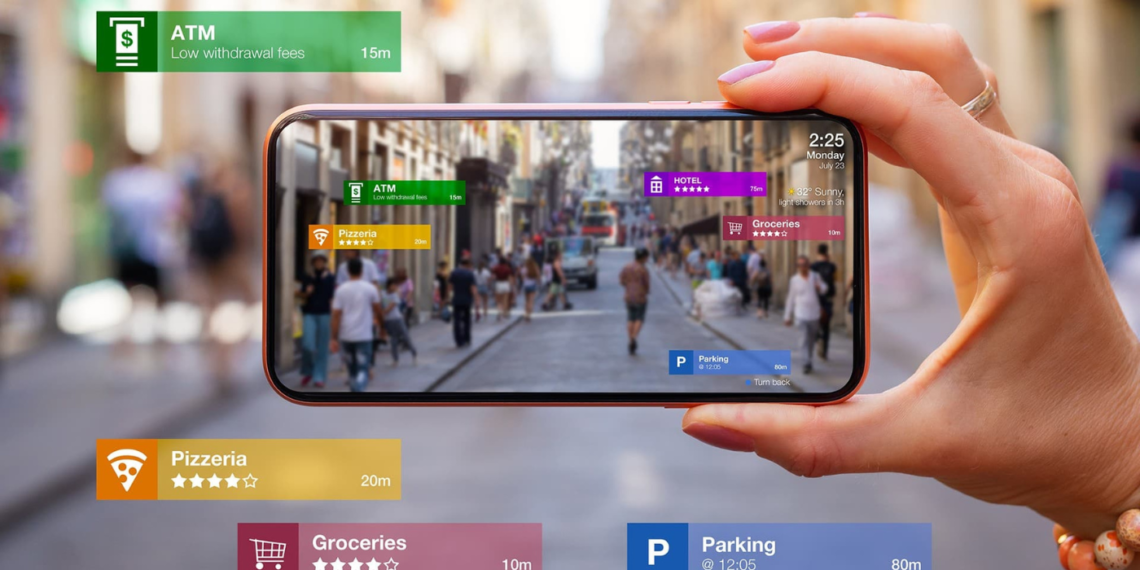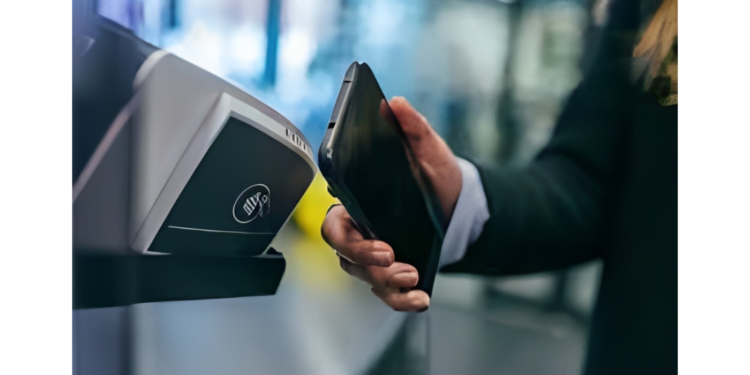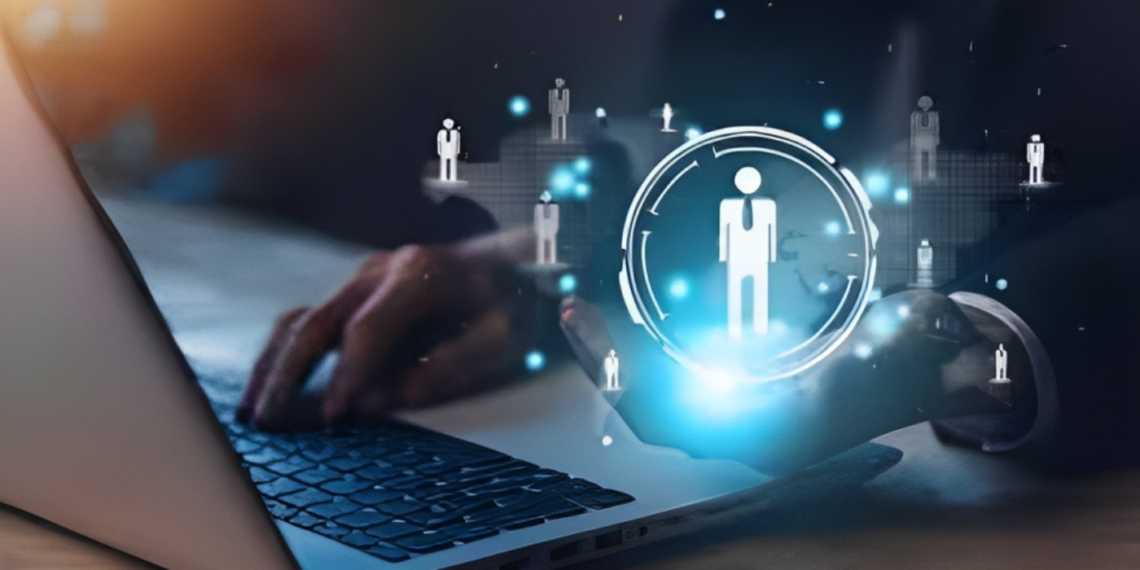The hospitality industry has always been at the forefront of innovation, constantly seeking new ways to enhance the guest experience. In recent years, technology has played a crucial role in shaping the industry, from improving operations to delivering exceptional customer service. With the rise of digitalization and automation, the hospitality industry has been transformed, and businesses that are slow to adopt these technologies risk being left behind.
In this article, we will explore the impact of technology on the hospitality industry. We will look at the ways in which digitalization, automation, mobile apps, online booking, contactless payments, data analytics, artificial intelligence, virtual reality, augmented reality, internet of things (IoT), cloud computing, big data, cybersecurity, social media, and personalization have influenced the industry.
The Rise of Digitalization in the Hospitality Industry

Digitalization has had a profound impact on the hospitality industry. From online booking systems to mobile apps, businesses have been able to streamline operations and provide a more efficient and convenient service to customers.
Online booking systems, in particular, have made it easier for customers to book hotels, flights, and other travel-related services from the comfort of their homes. With the rise of social media, businesses have also been able to connect with customers on a more personal level, creating stronger relationships and brand loyalty.
One of the main benefits of digitalization in the hospitality industry is the ability to collect and analyze customer data. Hotels and restaurants can use this data to create personalized experiences for their customers, such as recommending specific meals or room types based on their preferences.
Digitalization has also allowed businesses to optimize their operations by using data analytics to improve inventory management, staffing, and pricing.
The Role of Automation in the Hospitality Industry
Automation has also played a significant role in transforming the hospitality industry. From chatbots to self-check-in kiosks, businesses are using automation to enhance the customer experience and improve operational efficiency.
Chatbots, for example, can handle basic customer inquiries, freeing up staff to focus on more complex tasks. Self-check-in kiosks have also become more prevalent, allowing customers to bypass the traditional check-in process and go straight to their rooms.
The hospitality industry is one of the most dynamic and competitive industries in the world. With the increasing demand for quality service and experiences, hospitality businesses are turning to automation to improve efficiency, reduce costs, and enhance customer satisfaction.
How Technology Has Transformed Customer Experience in Hospitality

Technology has transformed the way customers experience hospitality services. For example, mobile apps allow customers to order room service, request housekeeping services, and book spa treatments from their smartphones.
Contactless payments have also become more prevalent, allowing customers to pay for services without having to touch a physical card machine. The use of data analytics has also enabled businesses to provide personalized services to customers, from recommending local restaurants to creating personalized room experiences.
- Online Booking and Reservations
Gone are the days when customers had to call or visit a hotel to make a reservation. With the advent of online booking and reservation systems, customers can now make reservations from anywhere in the world at any time. These systems have made it easier for customers to book their preferred hotels, rooms, and restaurants, and have enabled businesses to manage their reservations more efficiently.
- Mobile Check-in and Check-out
Mobile check-in and check-out have made the hotel experience more convenient for customers. Customers can now check-in and check-out of their hotel rooms using their mobile devices, eliminating the need to wait in long queues at the reception desk. This technology has not only made the process more efficient, but it has also improved the customer experience by reducing the time and effort required to complete the check-in and check-out process.
- Personalisation
Technology has enabled businesses to personalise their services to meet the specific needs of their customers. Hotels can now use data analytics and customer feedback to provide personalised services and recommendations to their customers. For example, a hotel can use data about a customer’s previous stays to provide recommendations for their next visit, such as room preferences, food preferences, and other personalised services.
- In-Room Technology
In-room technology has transformed the hotel experience for customers. Guests can now use their mobile devices to control various aspects of their hotel room, such as lighting, temperature, and entertainment. Some hotels have also started to use voice-controlled assistants to provide guests with information and services, such as weather updates, restaurant recommendations, and room service requests.
- Contactless Payments
The COVID-19 pandemic has accelerated the adoption of contactless payments in the hospitality industry. Customers can now use mobile payment methods, such as Apple Pay and Google Pay, to pay for their hotel rooms, meals, and other services. Contactless payments have not only made the payment process more convenient, but they have also improved the customer experience by reducing the need for physical contact.
The Future of Hospitality Industry in the Age of Technology

The future of the hospitality industry looks bright, with technological advancements continuing to transform the way we experience travel and hospitality services. The use of artificial intelligence, virtual reality, and augmented reality is expected to become more prevalent in the coming years, providing customers with immersive experiences that enhance their stay. The Internet of Things (IoT) will also play a more significant role, allowing businesses to connect various devices to provide a seamless and personalized experience.
Technology is also having a significant impact on the way hotels and other hospitality businesses operate behind the scenes. Smart hotel rooms that adjust temperature and lighting based on guest preferences, for example, can help hotels to save energy and reduce costs. Advanced analytics tools can also help hotels to better understand guest preferences and behaviour, allowing them to tailor their services to meet the needs of individual guests.
Key Challenges Facing the Hospitality Industry in the Digital Age
Despite the numerous benefits that technology has brought to the hospitality industry, there are also significant challenges that businesses must address. One of the most significant challenges is cybersecurity, with businesses having to protect sensitive customer data from hackers and cybercriminals. There is also a concern that automation and digitalization may lead to job losses, as businesses rely more on technology to carry out tasks that were previously done by human staff.
The hospitality industry is a vital sector of the economy, providing services that range from lodging to food and beverage services. The industry has evolved significantly in the digital age, with technological advancements bringing about significant changes in how businesses operate. However, these advancements have also brought about new challenges for the industry.
Conclusion
Technology has revolutionized the hospitality industry in numerous ways. It has transformed the way hotels and restaurants operate, enabling them to deliver better customer experiences, streamline operations, and optimize business processes. The use of digitalization, automation, artificial intelligence, data analytics, and other emerging technologies has made the industry more efficient, cost-effective, and competitive.
However, it is essential to note that the adoption of technology in the hospitality industry requires strategic planning, investment, and continuous learning to keep up with the rapid pace of innovation. The integration of technology should be aimed at enhancing the guest experience and not at replacing human interaction.
























